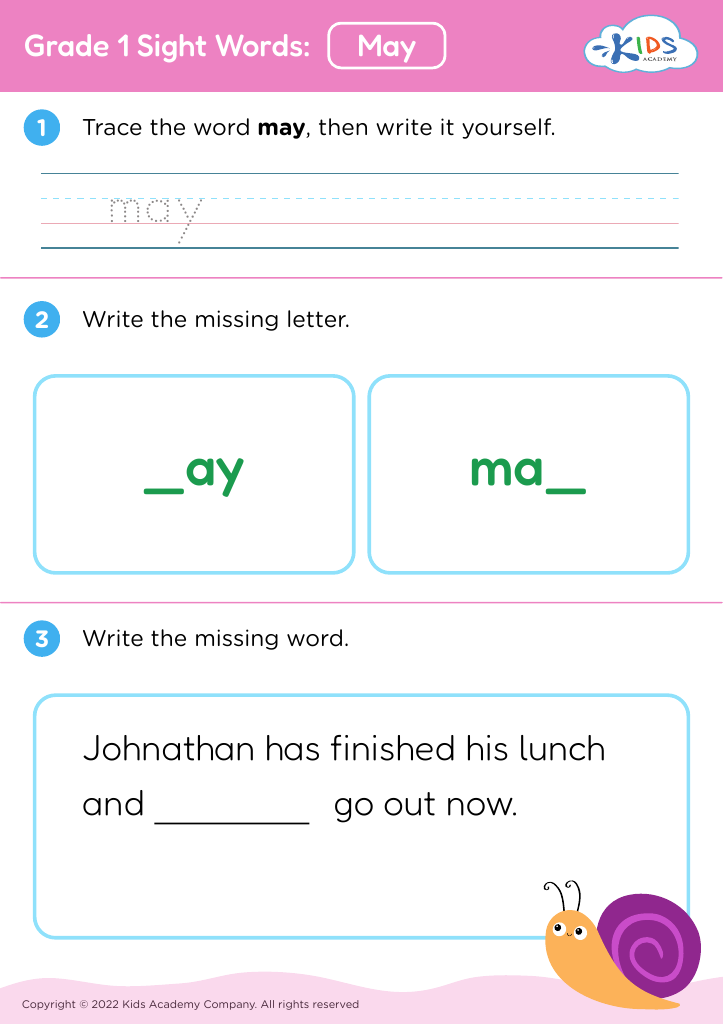Basic arithmetic practice Building Vocabulary Worksheets for Ages 3-7
3 filtered results
-
From - To
Welcome to our “Basic Arithmetic Practice Building Vocabulary Worksheets” designed specifically for children ages 3-7! These engaging worksheets are perfect for introducing young learners to essential arithmetic concepts while enhancing their vocabulary skills. Featuring fun and colorful activities, your little ones will enjoy learning to compare numbers, identify quantities, and solve simple addition and subtraction problems. By integrating math practice with vocabulary building, our resources not only reinforce mathematical understanding but also promote language development. Ideal for both home and classroom settings, these worksheets provide a comprehensive approach to help children build a solid foundation in arithmetic and vocabulary, setting them up for future success!
Caring about basic arithmetic practice and vocabulary building for ages 3-7 is crucial for both parents and teachers, as it lays the foundation for children's academic success and cognitive development. At this early age, children are like sponges, absorbing information and forming concepts that will influence their future learning.
Basic arithmetic practice not only introduces children to foundational math skills such as counting, addition, and subtraction, but it also promotes critical thinking and problem-solving abilities. Engaging children in playful math activities helps them see numbers as fun and relatable, fostering a positive attitude towards learning. Early arithmetic fluency also correlates with later academic achievement, ensuring children are well-prepared for more advanced mathematical concepts.
Building vocabulary during these formative years is equally vital. A rich vocabulary enhances comprehension skills, boosts reading proficiency, and aids in effective communication. When children have access to diverse words, they can express their thoughts and feelings more accurately, contributing to their emotional and social development.
In summary, parents and teachers should prioritize basic arithmetic practice and vocabulary building as essential components of early education, equipping children with the necessary skills for lifelong learning and communication. Investing in these areas nurtures well-rounded individuals ready to tackle future challenges.

























